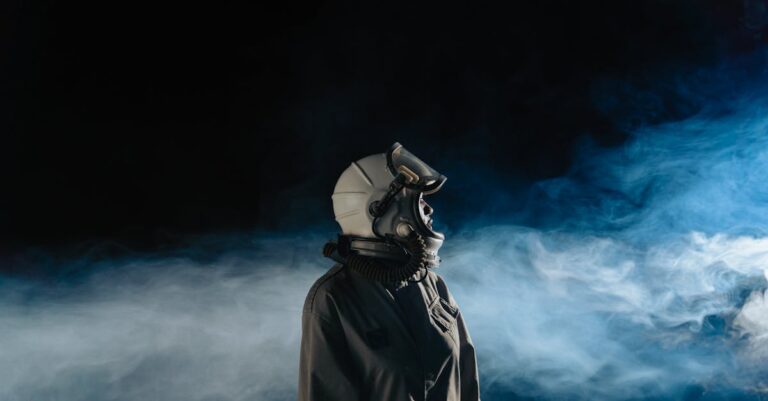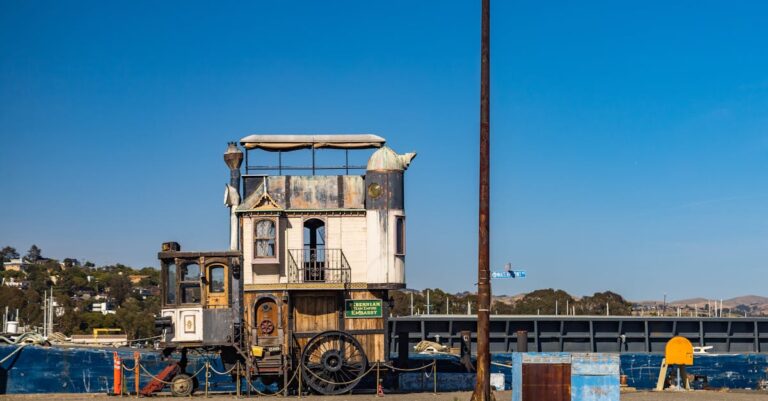
The first time James saw the note, the air smelled of sulfur and damp earth. It lay crumpled in the mud near his tent, ink smudged by rain. He picked it up, fingers trembling, and unfolded the paper with a sound like tearing skin. The words were scrawled in a hand he didn’t recognize: *They know. The river. Midnight.*
He didn’t sleep that night. The campfires flickered beyond the tent flaps, casting long shadows on the canvas. James sat cross-legged on his cot, the note clutched in his fist, and listened to the distant hum of cicadas. Somewhere in the darkness, a horse whinnied. He thought of his brother, Eli, who’d been killed at Gettysburg two months prior. The last letter Eli sent had been unsigned, just a single line: *They’re not who they say they are.*
At dawn, James slipped out of camp, boots sinking into the muck. The river was a silver ribbon cutting through the valley, its surface rippling with the wind. He crouched at the water’s edge, scanning the far bank. A figure stood near the trees—too still, too tall. James reached for his revolver, but the man turned. His face was pale, his uniform mud-streaked. A lieutenant, maybe. Or a spy.
The next day, James reported the note to Captain Whitaker. The man’s mustache twitched as he read it. “You’re sure about this?” he asked, voice low. James nodded. Whitaker’s jaw tightened. “We’ll handle it.” But that night, James saw the lieutenant at the supply tent, handing a bundle to a corporal. The bundle was wrapped in blue cloth—the same color as the uniforms of the 1st Michigan Regiment. James’s blood went cold. The lieutenant wasn’t a Union soldier. He was a Confederate.
That night, James confronted him. The lieutenant didn’t deny it. “You think you’re saving them?” he said, his voice calm. “You’re just another cog in the machine.” James aimed his revolver. The man didn’t flinch. “Shoot me,” he said. “But know this: the war isn’t about who’s right. It’s about who survives.”
James lowered the gun. The next morning, the lieutenant was gone. So was the supply bundle. Captain Whitaker said nothing. James didn’t ask. He buried the note in the dirt and tried to forget.
But the war hadn’t finished with him. Weeks later, a courier arrived with news: Vicksburg was under siege. The Union forces were running low on supplies. James’s unit was ordered to reinforce the front lines. As they marched through the dust-choked roads, he saw the damage the war had done—fields stripped bare, homes reduced to rubble. At night, he dreamed of Eli, of the letter, of the man in the blue uniform.
The siege dragged on. Rations grew thinner. Morale sagged. One evening, James found a new note tucked into his boot. This one was shorter: *They’re coming. Midnight.* He didn’t need to guess who it was from. The same hand, same smudged ink. But this time, the message was different.
At midnight, James met the lieutenant at the river. The man was alone this time, his uniform still muddy. “You’re here,” he said. James didn’t answer. “I need you to listen,” the man said. “The Union’s losing this war. The supplies you’re carrying? They’re not going to Vicksburg. They’re going to a different front. A bigger one.” He paused. “I can get you out of here. But you have to choose: stay and fight, or leave before it’s too late.”
James stared at him. The river gurgled behind them. Somewhere in the distance, a cannon boomed. “Why tell me this?” he asked. The lieutenant’s eyes were dark, tired. “Because I saw your brother’s letter. And I know what you’re going through.” James’s hand went to his revolver. The man didn’t move. “I’m not asking you to trust me,” he said. “Just to think.” He turned and walked away, disappearing into the darkness.
The next morning, James reported the lieutenant’s disappearance. Captain Whitaker didn’t seem surprised. “He was a liability,” he said. But James knew the truth. The war had made liars of them all.
In the weeks that followed, James kept his head down, focused on the task at hand. But the note haunted him. He started paying attention to the movements of the soldiers, the way supplies were distributed, the silence that followed certain orders. He noticed things—the way a particular officer lingered near the supply tents, the way a new shipment of rifles arrived with no paperwork.
One night, he found another note. This one was written in a different hand: *They’re in the camp. Trust no one.* James’s heart pounded. He didn’t know who to believe. The war had turned friends into enemies, and enemies into ghosts.
The siege ended with a bang. Vicksburg fell, and the Union forces celebrated. James stood at the edge of the camp, watching the smoke rise from the city. The war wasn’t over, but it was closer to an end. He thought of Eli, of the lieutenant, of the choices he’d made. The weight of ashes filled his lungs.
In the days that followed, James was transferred to a new unit. He never saw the lieutenant again. But sometimes, in the quiet moments, he wondered if the man had survived. If he’d chosen to leave, or if he’d stayed and fought, like so many others.
The war ended, but its shadows lingered. James returned home, but the man he’d been before the war was gone. He carried the weight of what he’d seen, what he’d done. And in the silence between his words, the echoes of a war that never truly ended.


